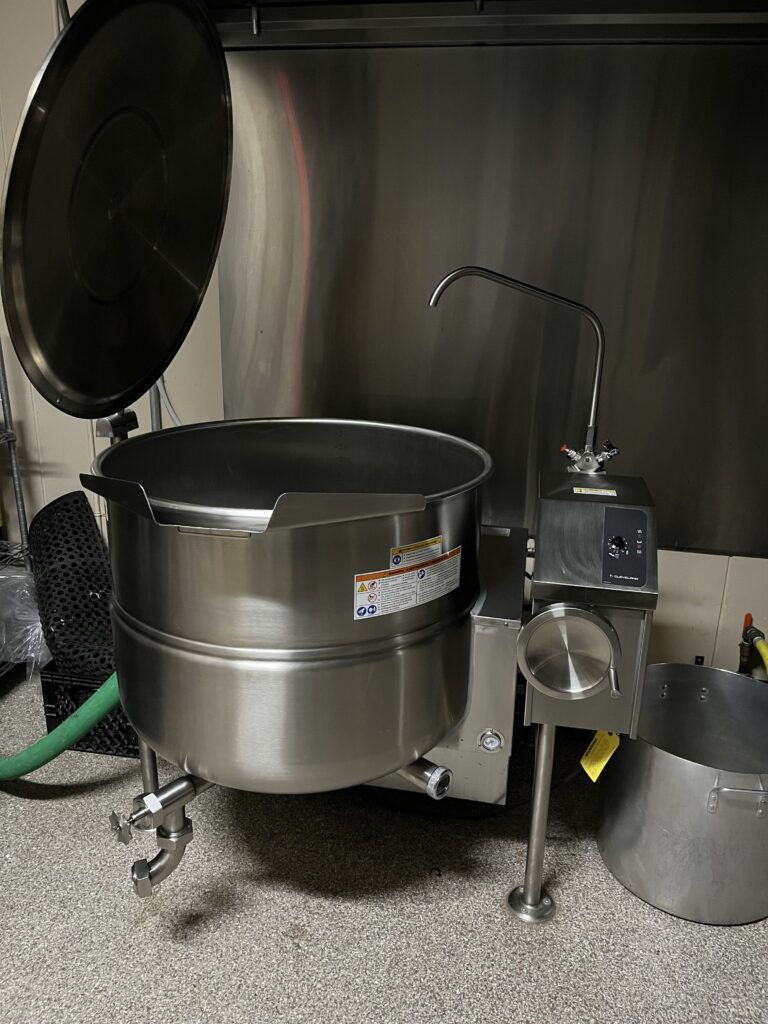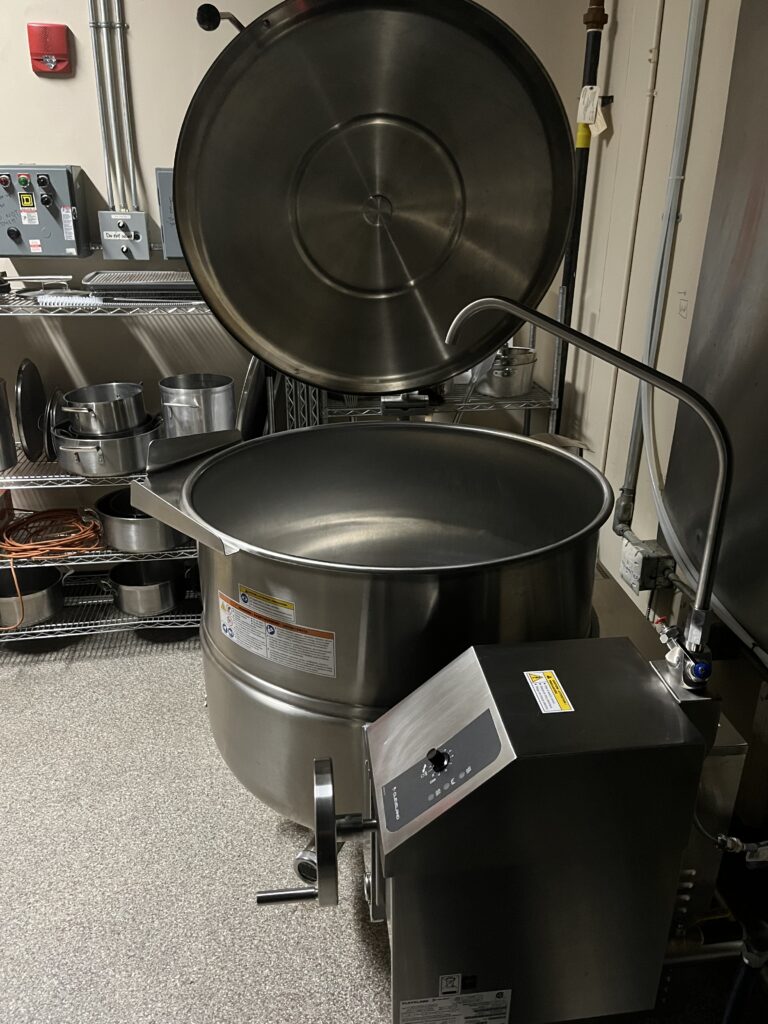There’s a lot more to food banking in Canada than meets the eye.
In the network of over 4,750 hunger relief organizations supported by Food Banks Canada across the country, donations of money and food — combined with local storage and distribution capacity — are brought together by food banks of all different sizes in every province and territory to realize our shared vision of a Canada where no one goes hungry.
From staffing to the maintenance of cold chain equipment to the implementation of systems and software, many behind-the-scenes steps take place between the collection of donated food and its distribution according to Food Banks Canada’s Code of Ethics.
Many steps in the food banking process means that it is demanding work, but it also means that there are many opportunities for innovation — which is especially important in the face of rising hunger and food insecurity.
HUB Grants Program
As part of our mission to relieve hunger today and prevent hunger tomorrow, Food Banks Canada is leading the way with innovative strategies that not only enable food banks to acquire and distribute a steady supply of food and essential items to those in need, but also help to address the root causes of food bank use in the first place.
Food Banks Canada has developed a series of capacity-boosting programs for food banks operating across the national network, including our HUB Grants Program, which supports food banks identified as large food hubs by providing them with the means to acquire and share food more efficiently within their region.
In 2021, with the support of partners like the Enterprise Rent-A-Car Foundation, Food Banks Canada distributed 25 HUB grants totalling $2.5 million to help improve the operational efficiency of the food banking network and increase the amount of food that can safely be acquired and distributed.


In 2021, Food Banks Canada awarded a HUB grant to the Regina Food Bank so that staff could purchase a commercial steam kettle and prepare nutritious meals for clients in bulk.
THE MEANS TO DO MORE
In Saskatchewan, a province that is rich in raw ingredients and known worldwide for the quality of its crops, Food Banks Canada’s 2021 HUB Grants Program increased the capacity of the Regina Food Bank to work with local producers on a key hunger relief initiative.
Saskatchewan is the world’s largest exporter of lentils, which are an excellent source of plant-based protein and fibre. But when a grain producer in the area made a generous donation of locally grown lentils to the Regina Food Bank, CEO John Bailey says there was a capacity gap between acquiring the raw ingredients and processing them into familiar foods that would be convenient for their clients.
“There was a gap between receiving a high-quality ingredient and getting it into people’s hands for their use,” Bailey explained. “The challenge was a lot of the folks who we serve have limited familiarity with how to cook and prepare the lentils or have limited access to the equipment that is required.”
To help close the gap, Food Banks Canada awarded a 2021 HUB grant to the Regina Food Bank so that staff could purchase a commercial steam kettle and prepare nutritious lentil-based meals, such as soups and stews, in bulk.
With built-in temperature controls that prevent hotspots from happening and create even heat distribution for efficient cooking, Bailey says the kettle has helped the Regina Food Bank improve the operational efficiency of its on-site kitchen and get more food out to people across the city, with a possible Prairie-wide rollout planned in the future.
“It’s really jump-started our prepared meal programs and helped us get way more food out to the community,” Bailey said, adding that the kettle has contributed to more than 10,000 meals in the first five months since it was installed.
USING THE POWER OF DATA TO HELP END HUNGER
In addition to improving food storage and distribution capacity through investments in equipment and staffing, Food Banks Canada’s capacity-boosting HUB Grants Program is helping food banks to keep pace with technology.
With support from the Enterprise Rent-A-Car Foundation through the 2021 HUB Grants Program, Food Banks Canada further invested in the expansion of systems and software such as Link2Feed, which is an innovative, cloud-based technology designed specifically for food banks.
Currently implemented in eight out of 10 provinces, Link2Feed expedites the client intake process for food banks, saving them valuable time, staff and volunteer resources when it comes to administration.
“We are proud to support Food Banks Canada with the technology needed to help achieve their vision to ensure no one goes hungry through our Fill Your Tank initiative,” said Steven Tudela, Senior Vice President at Enterprise Rent-A-Car Canada Company. “Food insecurity is a critical issue in thousands of towns and neighbourhoods around the world. It’s fantastic to see how our donation is making a difference to enable food bank staff to more efficiently help people access healthy meals.”
Through Food Banks Canada’s HUB Grants Program, Link2Feed is helping food banks harness the power of data to identify the root causes of food bank use and inform long-term solutions to hunger. Because the more we can understand the reasons behind food bank use, the better we will be able to advocate for programs and policy recommendations to help those in need.